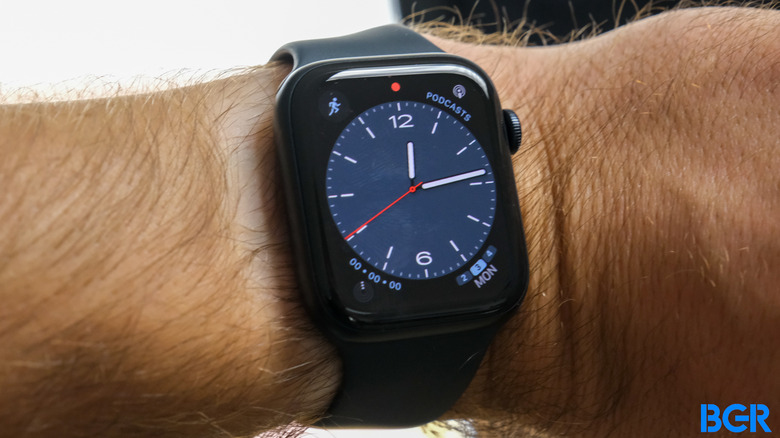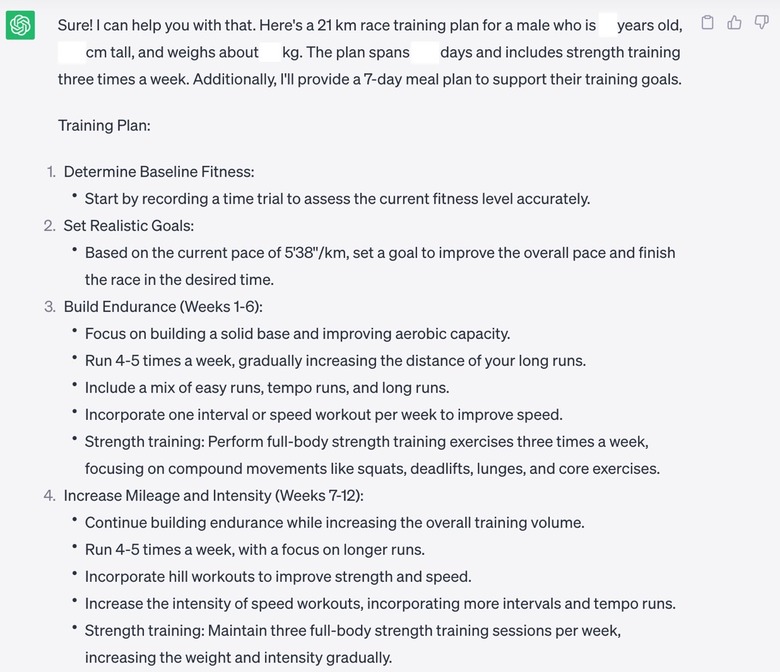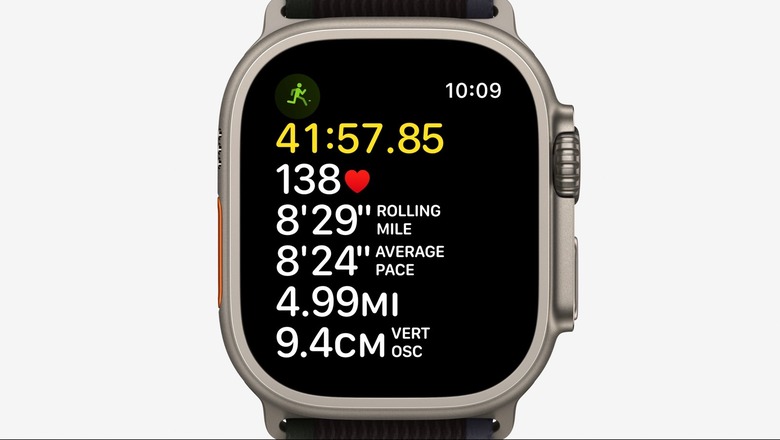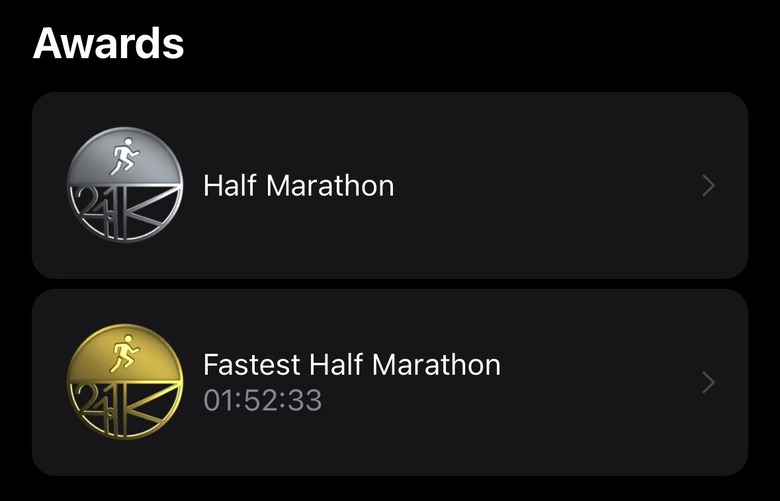My Apple Watch Might Be Lying About How Fast I Run A Half-Marathon
If you've been following my ChatGPT experiments, you probably know I used OpenAI's generative AI to buy running shoes and train for running half-marathons. Fast-forward to mid-October, and I completed three half-marathons in about a month, including an official race.
I wear an Apple Watch SE 2, which helps me track health and exercise parameters. Naturally, I used it to record my progress in training for the half-marathon and during the three races. I had no reason to distrust the stats it put out until a few days ago. I completed an official race, which means I was being timed with a professional race chip.
That's how I discovered my Apple Watch might be lying to me about how fast I'm running. What's more puzzling is that the watch recorded the same running time as the official trackers.
Let's start at the beginning. A half-marathon is usually referred to as 21K, short for 21 kilometers (or 13 miles). The actual distance is 21.0975 kilometers (13 miles 192.5 yards), so I always make sure I go over that 21.1 km mark while training.
The Apple Watch ran the most recent stable watchOS version available, not a beta release. Also, I always take the iPhone 14 Pro with me, which runs the latest stable iOS release.
The training runs
As I increased my mileage according to the training plan that ChatGPT helped me fine-tune, I found that running distances over 15 km was getting easier and easier. Then, just over a month ago, I went for my first 21K run in five years. I had no expectations. I just wanted to see how I'd feel getting past it.
I'll tell you that it wasn't easy, and I realized I had more work to do. I figured that with about a month to go until the race I was training for, it wouldn't be a problem.
But then my Apple Watch gave me surprising news. I managed to pull off an all-time personal best. I tracked previous 21K races with the Apple Watch, so I have the history handy. The wearable told me I finished the race in 1:56. That's one hour and 56 minutes; I'll be leaving the precise time out of this, as the extra seconds do not really matter.
I was amazed at how comfortable the training and the 21K run was. ChatGPT training worked.
Two weeks later, I went for another 21K run. This time, I wanted to test an actual strategy for the race that was coming up in another two weeks. I ran that one in 2:06, according to my Apple Watch. I wasn't trying to beat my previous personal best. Instead, I was just setting up the final details for the big race.
Soon enough, that day came, and my main goal was to finish the race. I also set a goal to run the race in under two hours. If possible, I'd try to beat 1:55.
The official race
Come race day, I knew I wouldn't have to keep checking the Apple Watch to see my stats. Pacers with balloons attached to their backs would help me tell how fast I was running. Therefore, I wanted to end the race between the 1:55 and 2:00 pacers. If I could beat the former, that'd be great.
For over 18km, I was well ahead of the 2:00 pacers, but I wasn't getting close to the 1:55 folks. I thought I might push myself to reach them and pass them on their left. Little did I know that the seemingly unending flights of stairs along the final stretch, which resembled small hills, would make that task impossible.
I didn't need to look at the Apple Watch to realize that I wouldn't finish the race in under two hours as the 2:00 pacers passed me by. With some 200 meters to go, I glanced at the watch and saw it told me I could still end the race in under 2:00. I struggled, and I finished the race with a time of 1:59, according to the wearable. Mission accomplished?
The Apple Watch stats
But then the most unusual thing happened. The watch told me I just ran my fastest half-marathon, with a time of around 1:52. That seemed impossible. I thought that maybe the 2:00 pacers ran faster than they were supposed to, and that was why they passed me by.
A few hours later, I checked the official race time. It was 2:01, some 10 seconds more than what the Apple Watch had told me.
Strangely enough, the chip time was 1:59, matching the time the Apple Watch registered. Moreover, both the official statistics and the Apple Watch gave me the same race pace. I compared it to the half-marathons I ran earlier, and I concluded that it was my fastest half-marathon despite the obvious issues with the time.
The conclusion seems to be that the Apple Watch algorithms might have some issues measuring running stats. I can't say where the discrepancy comes from. Between 1:52 and 1:59, there are some 7 minutes of running. More than an extra kilometer. What's strange is that the watch did measure the correct race time, 1:59, just like the organizers.
This leads me to believe that I was actually slower during my 21K training runs that preceded the race. It also makes me wonder if the 5K and 10K times I've been experiencing in the past few months were accurate. I kept beating my personal bests for both distances during training.
Also, if the Apple Watch can be this wrong about my race time, do I have to worry about the other stats it tracks during a run? Like calorie estimates, heart rate, and running-related stats that I would routinely inspect.
What's certain is that my quest continues. I've used ChatGPT to comfortably run half-marathon races, and I'm not going to stop. I'll keep tracking my progress, especially during the future official races I plan to run. I'm even considering using a different wearable. Or a different Apple Watch model to see whether they're more accurate.



